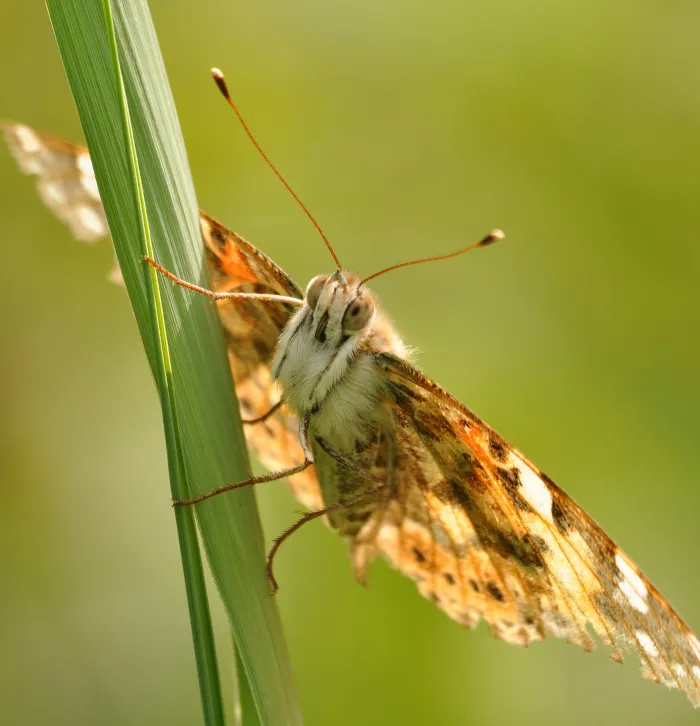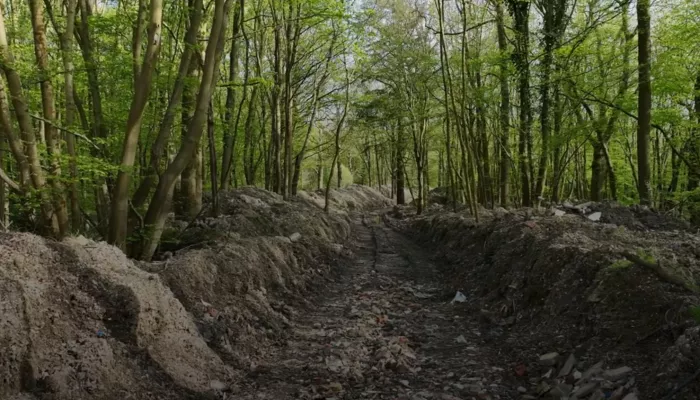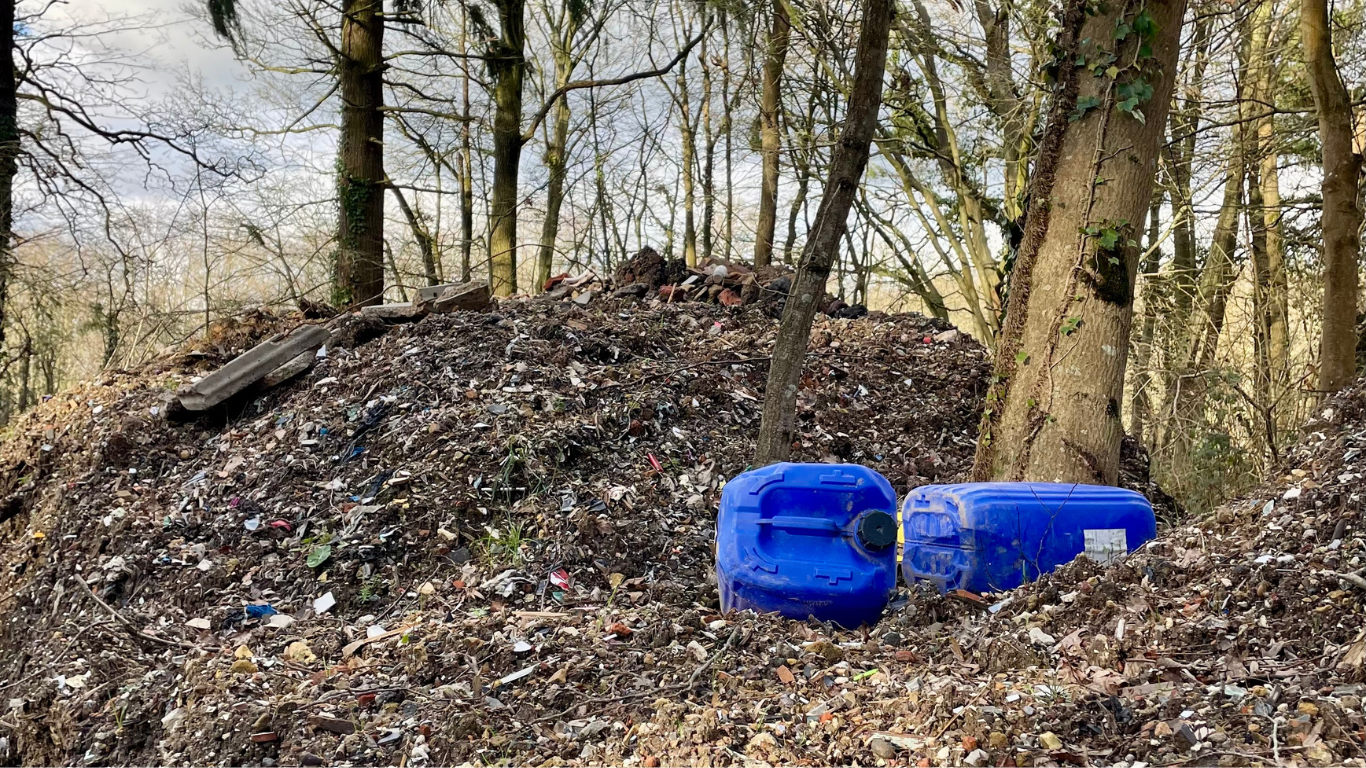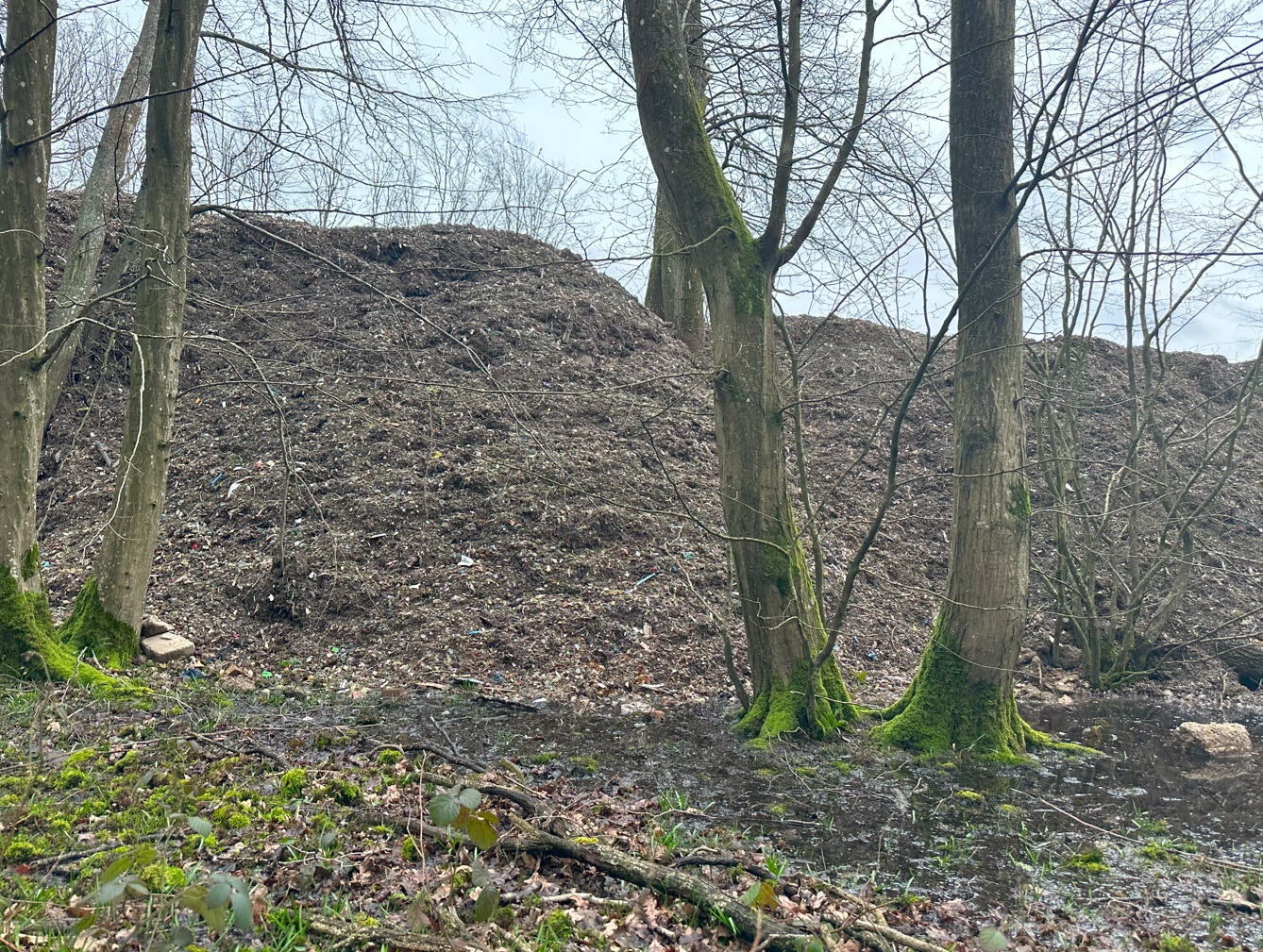For months, local residents tried to sound the alarm, reporting lorry after lorry tipping waste into this precious bluebell woodland. Instead of action, they were passed between agencies like hot potatoes, with no clear lead authority stepping in. The result? An ancient woodland suffocated beneath mountains of toxic waste, while the perpetrators walked free.
Last year I submitted a Freedom of Information request to the Environment Agency and I was shocked by what it revealed. Between 2014 and 2024, there were 690 recorded cases of mass-scale illegal waste dumping. Of these, only 15 resulted in criminal charges, and just seven led to a conviction. Most received fines between £600 and £900. The standout largest penalty was £33,000, a fraction of the cost and damage caused.
These numbers show a clear systemic failure. While threats of imprisonment and vehicle destruction may deter some, they do nothing to stop the crime before it begins. What we need is a coordinated, targeted response from authorities the moment reports come in. This means empowering councils, police, and the Environment Agency to act quickly and decisively, with clearly defined responsibilities and real-time communication.
Environmental crime is not victimless. It destroys habitats, threatens biodiversity, pollutes water and soil, and undermines public trust in our ability to protect the places people love. Tackling the root causes, through better enforcement, education, and the removal of legal loopholes must be part of this new approach.
We will continue to advocate for nature’s voice to be heard and for landscapes like Hoads Wood to be protected from irreparable harm. Stronger penalties are welcome, but unless we fix the system that allows this to happen in the first place, we will continue to see history repeat itself, at great cost to wildlife, communities, and taxpayers.
We need more than just a crackdown, we require a culture shift. Our wildlife deserves it, and so do the communities that nature sustains.
Did you know?
Kent Wildlife Trust relies on the generosity of its supporters to power our advocacy and conservation efforts.
By becoming a member, you're not only helping us care for over 9,000 acres of nature reserves across Kent - you’re also standing shoulder to shoulder with us in the fight to protect wildlife and wild places. Your support helps fund our vital campaign work, including our dedicated Planning Officers who tirelessly defend Kent’s most important habitats from harmful development and criminal activity.
If you believe in giving nature a voice and safeguarding our natural world for future generations, please consider joining us today.

Want to Speak Up for Nature?
Join our Speak Up for Nature newsletter, our advocacy mailer where we highlight the latest Kent wildlife news and actions to take.



